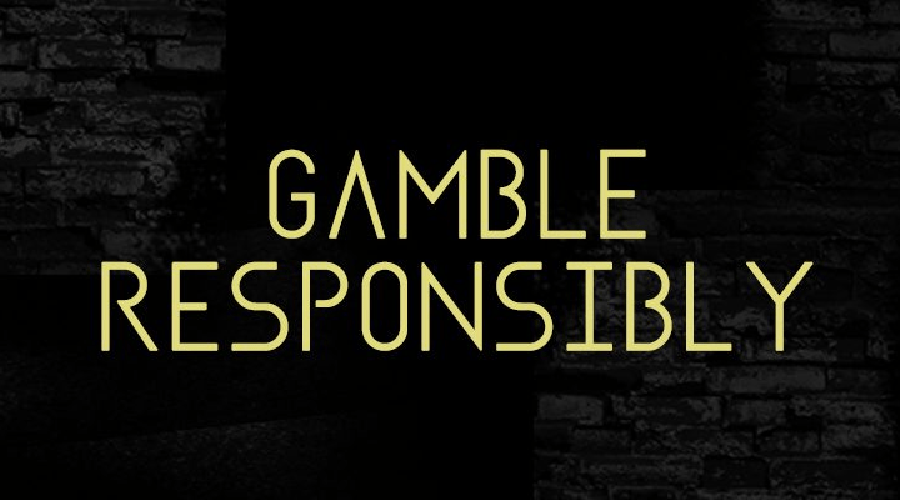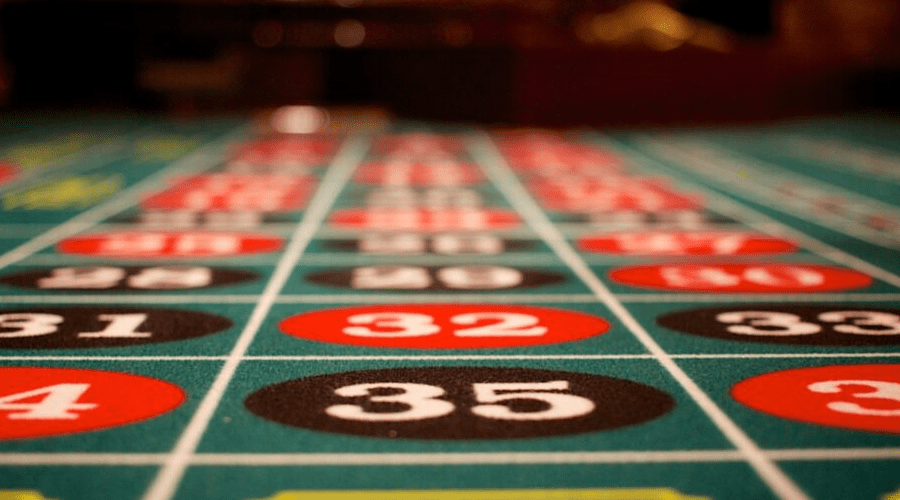A Handbook on Responsible Gambling
Responsible Gambling:
Making wise choices and exercising self-control over your gambling are essential components of responsible gambling.
It means striking a balance between appreciating gambling and being aware of its possible dangers and repercussions.
In order to avoid gambling-related issues, responsible gambling places a strong emphasis on establishing boundaries, following rules, and getting assistance when necessary.
Establishing Boundaries:
Define precise parameters for your gaming activity, such as spending, duration, and loss caps.
Establish a gaming budget and follow it; never go above what you can afford to lose.
To properly regulate your play, make use of the responsible gambling resources that casinos offer, such as deposit restrictions, session limits, and self-exclusion choices.
Identifying Warning Indications:
Recognise the typical warning signs of problem gambling, such as chasing losses, ignoring other obligations, and spending more time and money on gambling than planned.
A gambling issue may be indicated by behavioural changes, emotional fluctuations, and concealment about gaming activities.
Keeping Things in Balance:
Strike a balance between your gambling and other responsibilities, including your job, family, and social life.
Steer clear of gambling as a way to cope with stress, worry, or other emotional problems. Instead, look for friends' and family's support and healthy coping strategies.
Learning on Your Own:
To make wise choices, educate yourself about the rules, odds, and probability of the games you play.
Recognise the idea of house edge and the probability of winning or losing when participating in different types of gambling.
Keep yourself updated about local helplines, support programs, and resources for responsible gaming.
Asking for Assistance When Needed:
Never be afraid to ask for help if you're having problems relating to gambling.
Consult with licensed counsellors, problem gambling support groups, or problem gambling helplines for assistance.
Don't be embarrassed to seek treatment when you need it, and be open and honest with people about your gambling habits.
Promoting Conscientious Conduct:
By raising awareness and encouraging candid conversations about gambling-related concerns, you can encourage friends, family, and other gamblers to practise responsible gambling.
Encourage projects that encourage responsible gaming, such as community outreach programs, education initiatives, and campaigns.
In summary:
Maintaining a fun and safe gambling experience while lowering the risks of injury requires responsible gambling.
You can practise responsible gambling and reap the rewards of gaming in a responsible manner by establishing boundaries, identifying warning signs, staying balanced, educating yourself, and getting help when necessary. Recall that gaming ought to be a source of amusement rather than anxiety or financial difficulty.

















